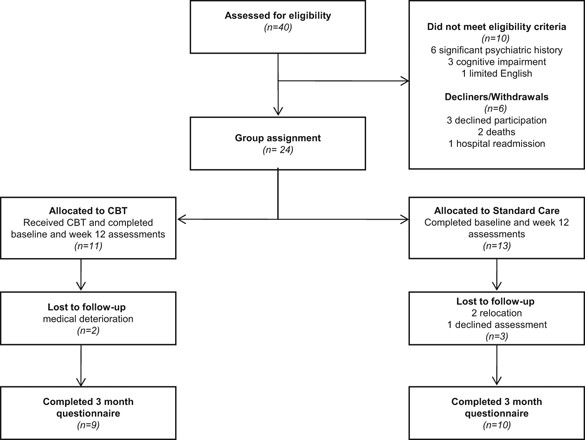
- Select a language for the TTS:
- UK English Female
- UK English Male
- US English Female
- US English Male
- Australian Female
- Australian Male
- Language selected: (auto detect) - EN
Play all audios:
A study by the University of Pittsburgh has discovered how a virus can be responsible for Merkel cell carcinoma. They found it can remain dormant for decades, but then wake up to cause skin
cancer. Viruses survive usually by defeating a host’s immune system and replicating itself, or finding a new host. But sometimes they go to sleep in the body and don’t replicate, known as
‘latency’. They only reactivate occasionally when the conditions are right, such as when the host has a weakened immune system. This is what allows the herpes virus to remain in people’s
bodies for years, and periodically re-emerge in the form of mouth and genital ulcers. However, the researchers found that unlike herpes, the virus in question - merkel cell polyomavirus
(MCV) - does not have its own latency mechanism, and so in order to stay asleep it must hijack the host cell’s normal degradation machinery. Patrick Moore, professor of microbiology and
molecular genetics at the University of Pittsburgh School of Medicine, said: “Normally, viruses use elaborate measures to avoid being degraded by the cell so that they can infect a new host.
“But in a form of molecular jujitsu, MCV ensures that a key protein required for its replication is continually degraded so that the virus, retained as a naked piece of DNA, is not
eliminated by the proteasome, which only degrades proteins.” MCV can reactivate under adverse conditions when it senses the need to find a new host. This can be because loss of nutrients -
possibly during illness - which forces cells to shut off SCF E3 ligases, stopping the MCV replication protein building up and generating new viruses. If it replicates successfully during
this next phase of activity, then MCV can be transmitted to a new host. However, if the DNA of the virus breaks apart during replication, it can integrate into cell DNA, which can put
someone at risk of developing Merkel cell carcinoma. PREVENTING SKIN CANCER: NEW GUIDELINES It’s a rare and malignant type of skin cancer, which appears as a single, painless lump on
sun-exposed skin. It develops in Merkel cells which are in the top layer of skin near the nerve endings which help us reposed to touch. It’s known that conditions or treatments which weaken
your immune system, such as people who have had an organ transplant or AIDS, have an increased risk of Merkel cell carcinoma. Next the findings need to be confirmed in human tissues. The
researchers are currently investigating whether other small viruses also use this method to hide in the body.



:max_bytes(150000):strip_icc():focal(319x0:321x2)/people_social_image-60e0c8af9eb14624a5b55f2c29dbe25b.png)

